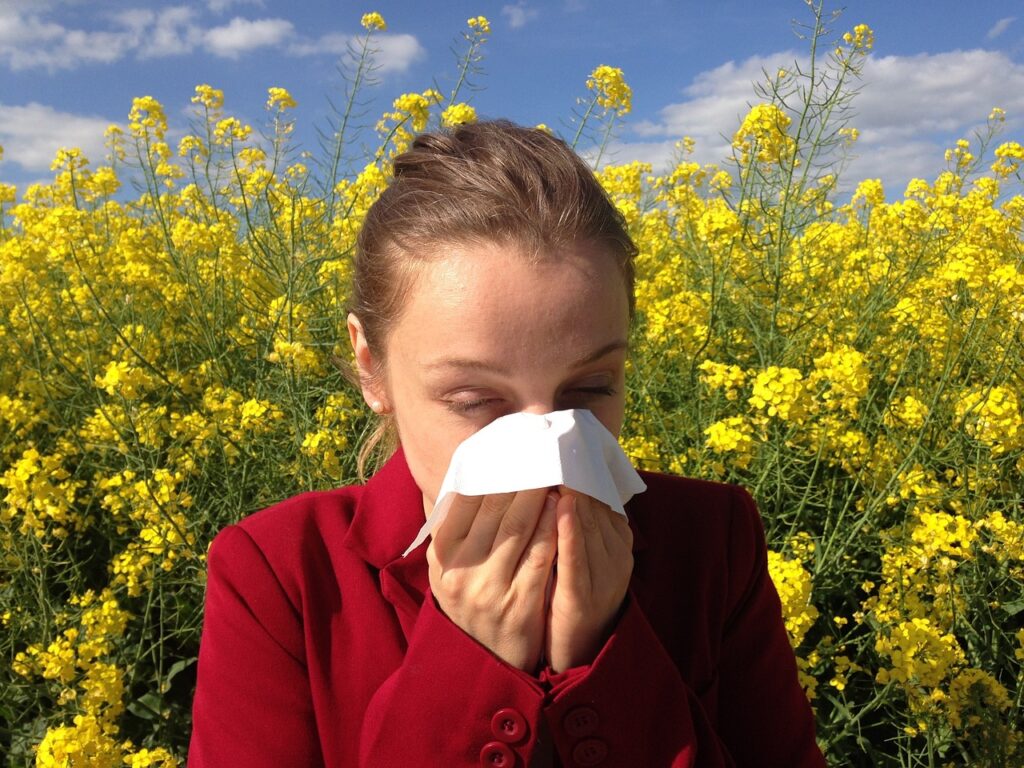When you think of allergies you may be thinking of seasonal allergies, bee allergies, or even food allergies like peanuts or shellfish! Many people aren’t thinking about the potential of medication allergies. When a person’s immune system reacts abnormally to medication their symptoms can range from mild skin rashes or itching to severe and life-threatening anaphylaxis. Hence why you’ve probably been asked about medication allergies at every doctor’s visit you can remember!
While any medication has the potential to cause an allergic reaction, some medications are more commonly associated with allergies than others. The most common medication allergies include antibiotics (such as penicillin), over-the-counter nonsteroidal anti-inflammatory drugs (NSAIDs), and anticonvulsants. It’s important to know and understand medication allergies because they can have serious implications for your safety and treatment outcomes. By recognizing and avoiding allergenic medications, healthcare professionals can prevent adverse reactions and provide appropriate alternative treatments.
According to the Centers for Disease Control and Prevention (CDC, www.cdc.org), it is estimated that only around 4 – 6% of Americans have medication allergies each year, although, these numbers may vary depending on the specific data collected. What happens during these reactions is, the immune system reacts abnormally to certain medications, resulting in an allergic reaction. These reactions can range from mild to severe and can affect various parts of the body. The signs and symptoms of medication allergies can also vary widely among individuals. However, the CDC has identified several common signs that may indicate a medication allergy:
- **Skin Rash**: One of the most common signs of a medication allergy is the development of a skin rash. This rash may appear as red, itchy bumps or hives and can occur anywhere on the body.
- **Swelling**: Allergic reactions to medications can also cause swelling, particularly in the face, lips, tongue, or throat. This swelling, known as angioedema, can be potentially life-threatening if it affects the airways and leads to difficulty breathing.
- **Itching**: Itching is another common symptom of medication allergies. It may be localized to a specific area or affect the entire body.
- **Respiratory Symptoms**: Some individuals may experience respiratory symptoms such as wheezing, coughing, or shortness of breath as a result of a medication allergy. These symptoms can be indicative of a more severe allergic reaction known as anaphylaxis.
- **Digestive Issues**: Medication allergies can also manifest as digestive issues, including nausea, vomiting, diarrhea, or abdominal pain.
It is important to note that these signs and symptoms are not exclusive to medication allergies and can be caused by other factors as well. If you suspect you have a medication allergy you should get medical help straight away! Your doctor will best support you on how to proceed.
If it is found you gave a medication allergy, you can help others help you! Chances are you carry a cell phone! Did you know you can list your allergies (medication/or otherwise) to show up under emergency info? Some people wear medical alert bracelets, necklaces, or other identification items in case of an emergency. The Asthma and Allergy Foundation of America AAFA (www.aafa.org) also suggests keeping a medication diary and having an emergency plan if and when you do have an adverse reaction to a medication, along with of course, avoiding your allergens.
Allergies are no fun, but allergic reactions can be very alarming and life-threatening in some cases. If you are taking medications and you notice a change in your health, it may or may not be your medication. It also may or may not be an allergy to the medication – not all reactions are allergies. After all, medications aren’t supposed to be making us feel worse! Medications are supposed to help us feel better!
Mary Hoadley
Director of The Wellness Center


